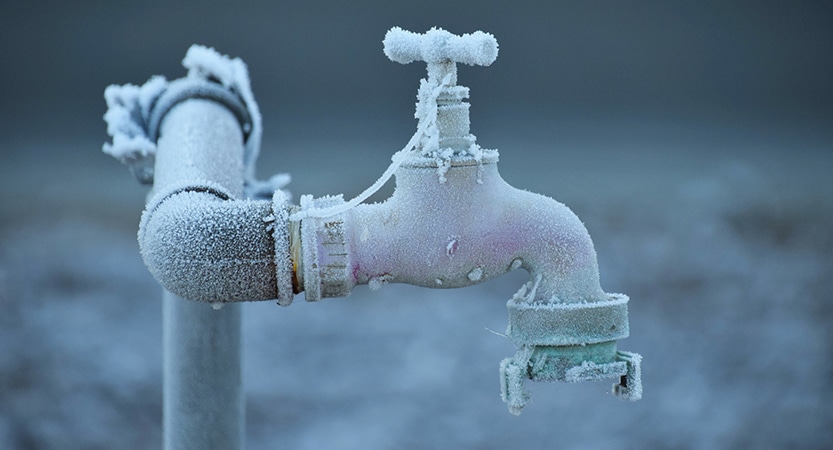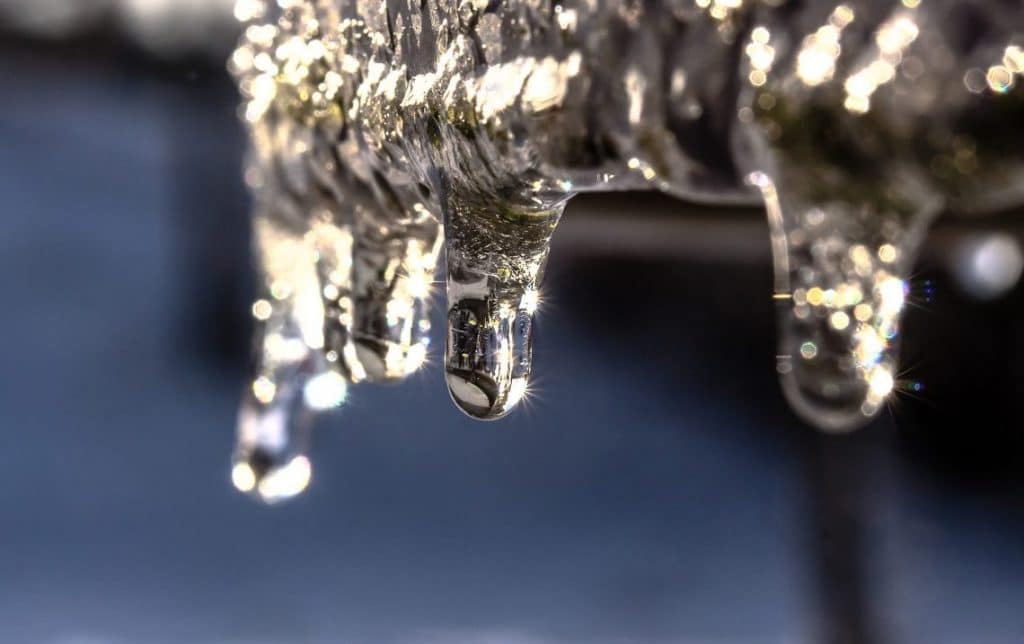How to Prevent Frozen Plumbing in Cold Weather: Expert Guidance
How to Prevent Frozen Plumbing in Cold Weather: Expert Guidance
Blog Article
Have you been trying to find help about How to Prevent Your Pipes From Freezing?

Cold weather can wreak havoc on your plumbing, specifically by freezing pipelines. Below's how to prevent it from occurring and what to do if it does.
Introduction
As temperatures decrease, the risk of icy pipes rises, potentially causing pricey repair work and water damages. Recognizing how to avoid icy pipelines is crucial for property owners in chilly environments.
Avoidance Tips
Insulating susceptible pipes
Wrap pipes in insulation sleeves or utilize warm tape to secure them from freezing temperature levels. Concentrate on pipelines in unheated or exterior areas of the home.
Home heating strategies
Maintain interior spaces effectively warmed, especially areas with pipes. Open up cabinet doors to permit warm air to flow around pipes under sinks.
How to identify icy pipes
Look for reduced water circulation from faucets, uncommon smells or noises from pipes, and noticeable frost on revealed pipelines.
Long-Term Solutions
Structural modifications
Take into consideration rerouting pipelines away from exterior walls or unheated areas. Add extra insulation to attics, basements, and crawl spaces.
Upgrading insulation
Purchase top notch insulation for pipelines, attic rooms, and walls. Appropriate insulation helps maintain consistent temperatures and reduces the threat of icy pipes.
Safeguarding Outdoor Pipes
Yard hose pipes and exterior faucets
Separate and drain garden pipes before winter months. Install frost-proof spigots or cover outside taps with shielded caps.
Recognizing Icy Pipes
What causes pipes to freeze?
Pipes freeze when subjected to temperatures below 32 ° F (0 ° C) for prolonged periods. As water inside the pipes freezes, it expands, putting pressure on the pipe walls and possibly creating them to break.
Threats and problems
Icy pipelines can bring about supply of water disruptions, residential property damages, and expensive fixings. Burst pipes can flood homes and trigger substantial architectural damage.
Indications of Frozen Pipeline
Determining frozen pipelines early can avoid them from bursting.
What to Do If Your Pipes Freeze
Immediate activities to take
If you think icy pipelines, keep taps available to alleviate stress as the ice melts. Make use of a hairdryer or towels soaked in warm water to thaw pipes gradually.
Final thought
Preventing icy pipelines needs aggressive steps and fast reactions. By recognizing the causes, indications, and safety nets, homeowners can secure their pipes during cold weather.
Helpful Tips to Prevent Frozen Pipes this Winter
UNDERSTANDING THE BASICS: WHY PIPES FREEZE AND WHY IT’S A PROBLEM
Water freezing inside pipes is common during the winter months, but understanding why pipes freeze, and the potential problems it can cause is crucial in preventing such incidents. This section will delve into the basics of why pipes freeze and the associated problems that may arise.
THE SCIENCE BEHIND FROZEN PIPES
When water reaches freezing temperatures, it undergoes a physical transformation and solidifies into ice. This expansion of water as it freezes is the primary reason pipes can burst. As the water inside the pipe freezes, it expands, creating immense pressure on the walls. If the pressure becomes too great, the pipe can crack or rupture, leading to leaks and water damage.
FACTORS THAT CONTRIBUTE TO PIPE FREEZING
Low Temperatures: Extremely cold weather, especially below freezing, increases the risk of pipes freezing. Uninsulated or Poorly Insulated Pipes: Pipes located in unheated areas, such as basements, crawl spaces, or attics, are more prone to freezing. Insufficient insulation or lack of insulation altogether exacerbates the problem. Exterior Wall Exposure: Pipes running along exterior walls are susceptible to freezing as they encounter colder temperatures outside. Lack of Heating or Temperature Regulation: Inadequate heating or inconsistent temperature control in your home can contribute to frozen pipes. PROBLEMS CAUSED BY FROZEN PIPES
- Pipe Bursting: As mentioned earlier, the expansion of water as it freezes can cause pipes to burst, resulting in significant water damage.
- Water Damage: When pipes burst, it can lead to flooding and water damage to your property, including walls, ceilings, flooring, and personal belongings.
- Structural Damage: Prolonged exposure to water from burst pipes can compromise the structural integrity of your home, leading to costly repairs.
- Mold and Mildew Growth: Excess moisture from water damage can create a favorable environment for mold and mildew growth, posing health risks to occupants.
- Disrupted Water Supply: Frozen pipes can also result in a complete or partial loss of water supply until the issue is resolved.
WHY CERTAIN PIPES ARE MORE PRONE TO FREEZING
- Location: Pipes located in unheated or poorly insulated areas, such as basements, crawl spaces, attics, or exterior walls, are at higher risk of freezing.
- Exterior Pipes: Outdoor pipes, such as those used for irrigation or exposed plumbing, are particularly vulnerable to freezing as they are directly exposed to the elements.
- Supply Lines: Pipes that carry water from the main water supply into your home, including the main water line, are critical to protect as freezing in these lines can affect your entire plumbing system.
- Underground Pipes: Pipes buried underground, such as those connected to sprinkler systems or outdoor faucets, can be susceptible to freezing if not properly insulated.
https://busybusy.com/blog/helpful-tips-to-prevent-frozen-pipes-this-winter/

I am very serious about Winter Plumbing Precautions: Preventing Frozen Pipes and I am praying you enjoyed the new blog entry. Do you know about somebody else who is interested in the niche? Why not share it. Bless you for your time. Kindly check our site back soon.
Here Report this page